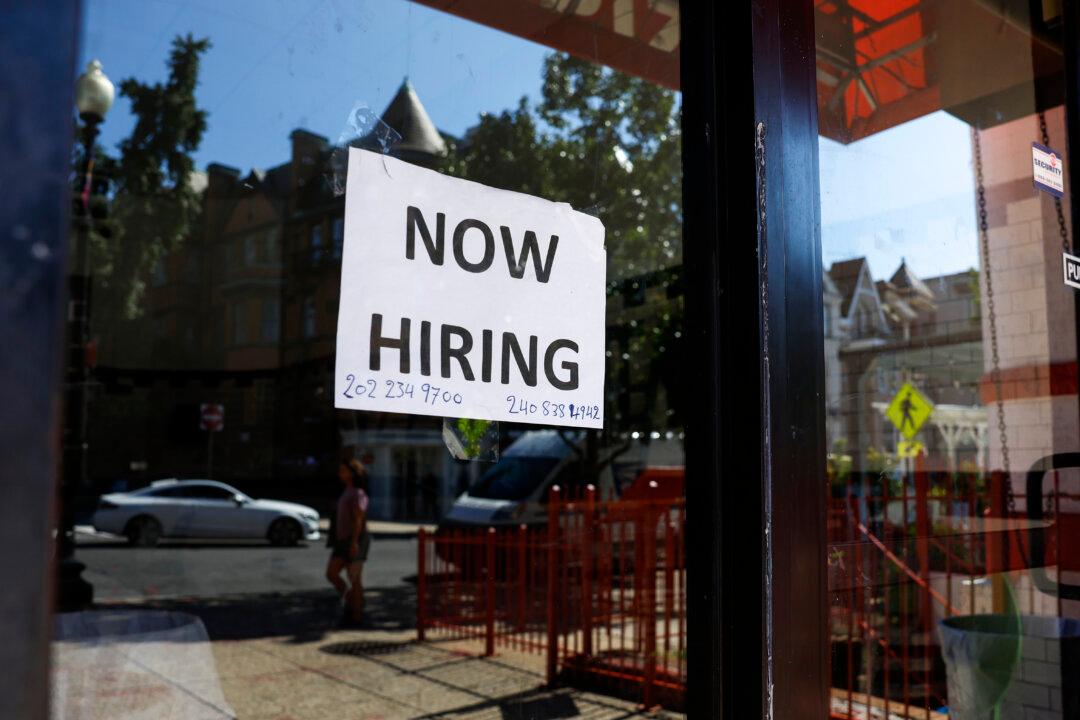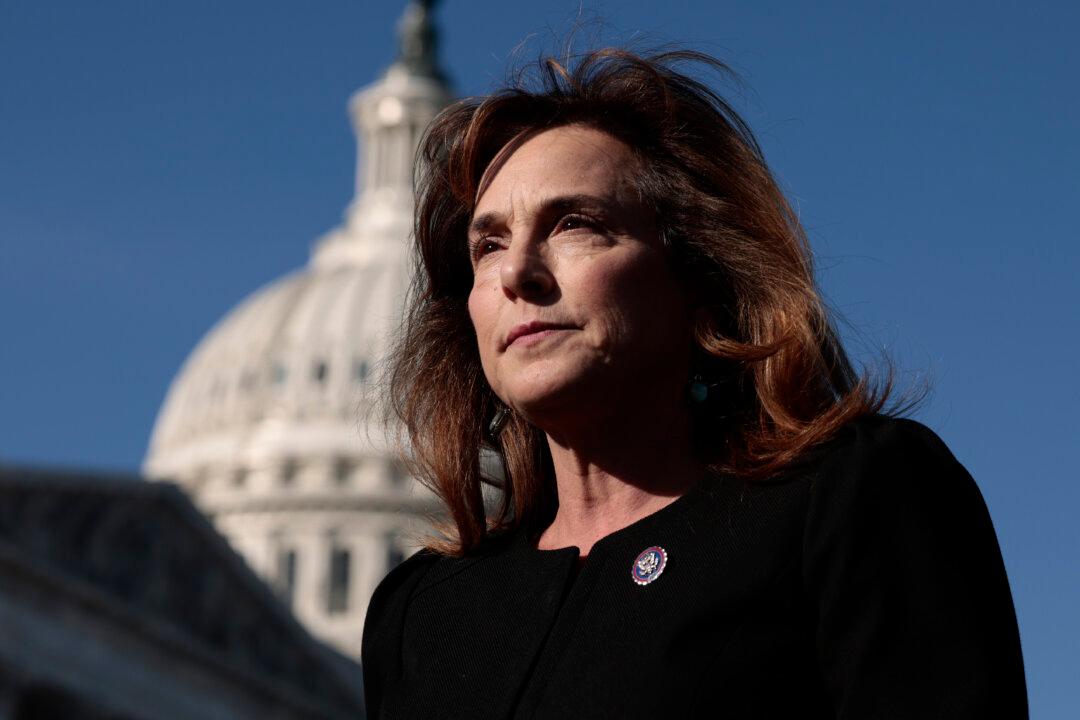Welfare payouts for a family of four exceed the national median household income in 24 states, and top $100,000 annually in Washington, Massachusetts, and New Jersey, a new study finds.
Many pandemic-related unemployment subsidies have expired, but existing programs coupled with a recent expansion of the Affordable Care Act (ACA)—also known as “Obamacare”—continue to offer substantial incentives for the unemployed. A study (pdf) conducted by the Committee to Unleash Prosperity (CTUP), nonprofit co-founded by Steve Forbes, chairman of Forbes Media, and economists Arthur Laffer and Steve Moore, discovered that many well-paying jobs often earn less than what government assistance can offer.




